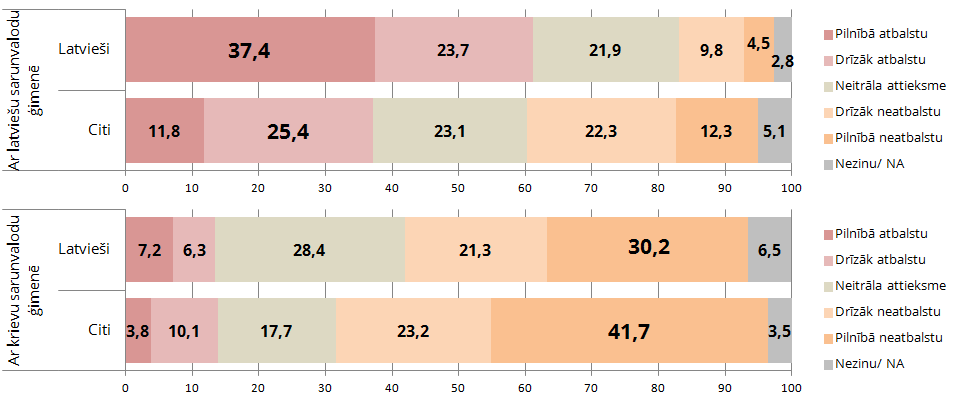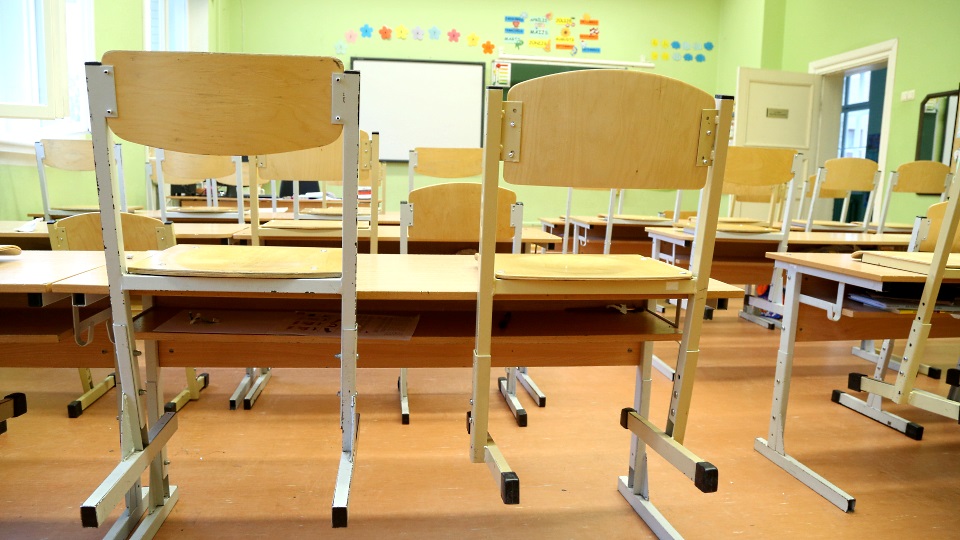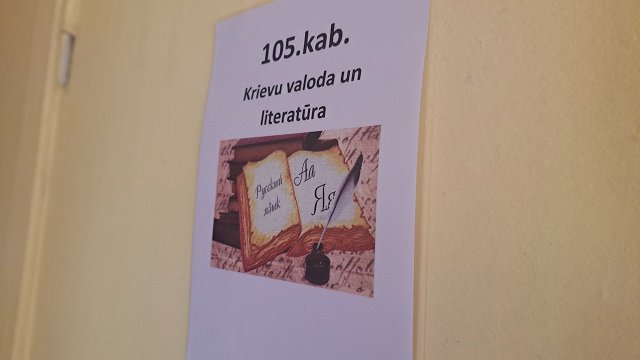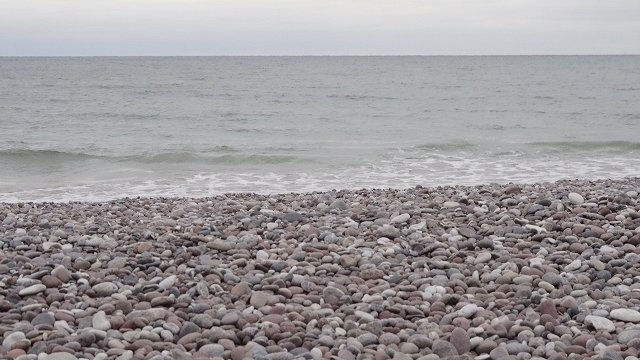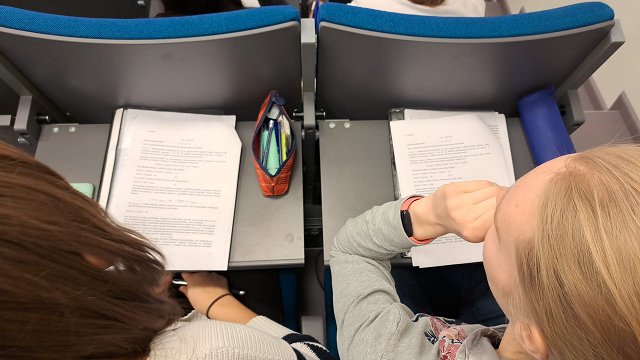The majority of people with Latvian as their first langiage have expressed support for the motion, while a large portion of Russian-speakers have expressed opposition to it, according to a survey conducted by SKDS, on the request of LSM.lv, and published on LSM.lv on July 10.
What was the question being asked?
Different ideas are being expressed about the reform of the education system, which includes a proposal to dissolve the division of state/local government schools into “Latvian” and “Russian” on all educational phases (elementary-, middle-, and high-schools). As a result, all children would attend common Latvian schools. What do you think about this suggestion?
The survey was conducted in the first half of 2019 in 126 Latvian settlements with 1014 permanent Latvian residents aged from 18 to 75 being interviewed in person. SKDS remarked that the selection reflects the overall demographic characteristics of the country's population by region, sex, age, ethnicity and so on.
Why ask this question?
Saskaņā ar Izglītības un zinātnes ministrijas datiem 2017./2018. mācību gadā vispārējās izglītības programmas apguva 205 100 skolēni, no kuriem 147 000 mācījās latviešu valodā, bet 55 800 mācījās mazākumtautību skolās ar krievu valodu, 1224 – ar poļu valodu, 589 - ar angļu valodu, 251 – ar ukraiņu valodu un 158 – ar baltkrievu valodu.
The current educational reform, which will come into force on September 1, envisages two kinds of schools – schools with Latvian as the language of instruction and minority schools, where the Latvian language content in the grades 1.-6. will be 50%, in the grades 7.-9. no less than 80%, while, starting from the year 2020/2021, all subjects in grades 10.,11. and 12. will be taught in the state language, except foreign languages. Minority high school pupils will, however, have the opportunity to choose to study subjects (modules) like literature, culture, and history in their native language.
The idea of uniting Latvian and minority schools into common schools with Latvian as the language of instruction has existed in the public sphere for many years already. Some political forces had expressed them even before the previous Saeima elections.
Until now, however, no surveys have really inquired into the attitudes the public has towards the issue. LSM.lv, with the help of the SKDS survey, has attempted to fill this gap and understand the stance of the community at large.
What has the survey shown?
Of all respondents, 23.2% expressed complete support of the motion. 18.2% noted that they are rather in favor of it than not. 20.5% noted they were neutral about the motion. 15.5% noted that they are rather against than in favor of it. 19.2% expressed complete opposition to the motion. 3.3% did not provide an answer.
As a result, 41.4% supported the motion and 34.7% opposed it.
The survey showed significant polarization of opinions depending on the language the respondents spoke at home. Of the 626 respondents who spoke Latvian at home, 59.4% either expressed complete or partial support of the motion. Out of the respondents who spoke Russian at home, 64% expressed complete or partial opposition of the motion.
The proportion of neutral positions (22% Latvian-speakers and 18.5% Russian speakers) is similar in both groups, as well as the proportion of those who did not give an answer (3% and 3.7%)

• Families with and without children
The survey also asked the respondents to indicate whether they had children who were younger than 18 years old.
Of those who speak Latvian at home, 61.3% with children under 18 and 58.2% without children expressed complete or partial support for the motion. 19.8% and 23.6%, respectively, were neutral.
Of those who speak Russian at home, 60.3% with children under 18 and 66.1% without children expressed complete or partial support for the motion.
Families with children:

• Different generations
Of the “older generation” respondents aged 45 to 54 and 35 to 44, who speak Latvian at home, 55.6% and 55.8%, respectively, expressed support for the motion.
Of the “elderly” respondents aged 64 to 75 and 55 to 63 who speak Russian at home, 46.5% and 42.5%, respectively, expressed complete opposition to the motion.
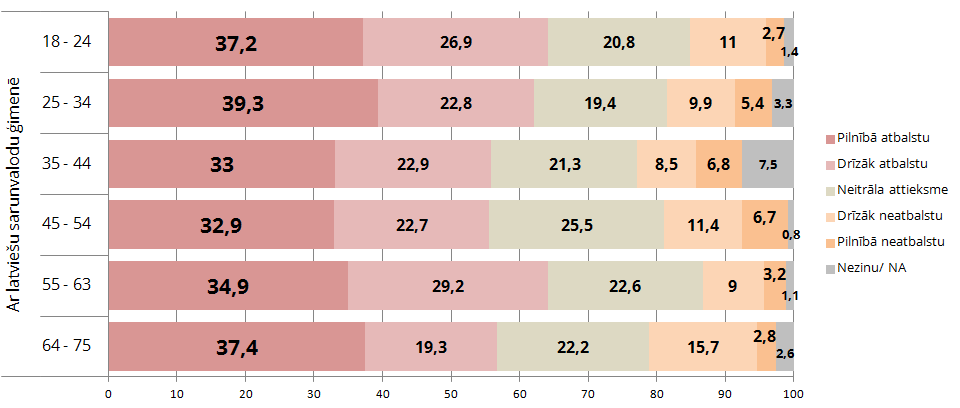
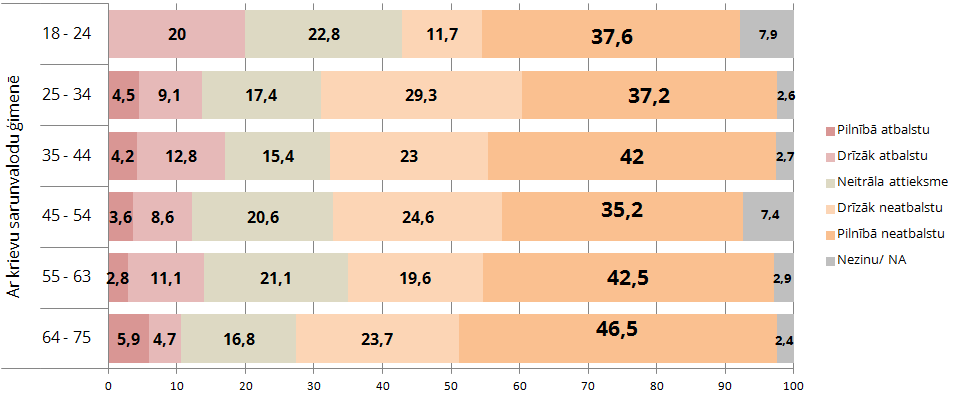
• Mixed families
In the survey, several non-Latvians indicated that they spoke Latvian at home, and several Latvians indicated that they spoke Russian at home. In both cases, the responses of these people differed from those of the common language group.
37.2% of non-Latvians and 61.1% of Latvians who speak Latvian at home expressed complete or partial support of the motion. 34.6% of non-Latvians and 14.3% of Latvians expressed complete or partial opposition to the motion.
51.3% of Latvians who speak Russian at home and 64.9% of non-Latvians expressed opposition to the motion. On the other hand, 13.5% of Latvians and 13.9% of non-Latvians expressed support for the motion.
